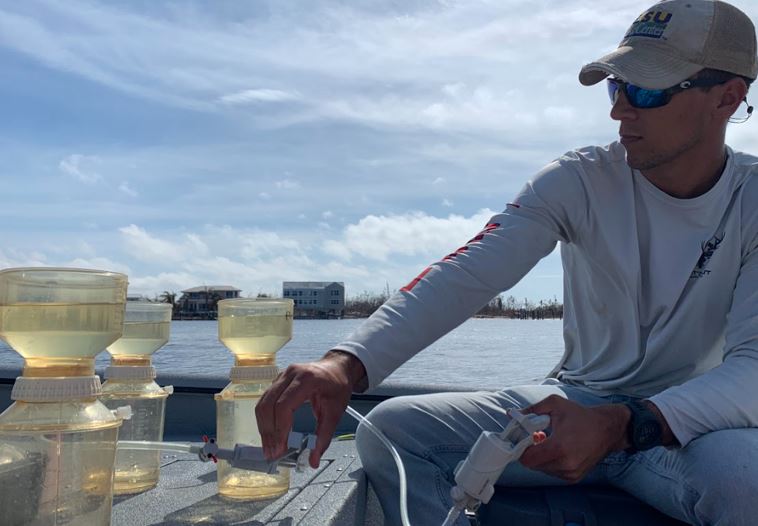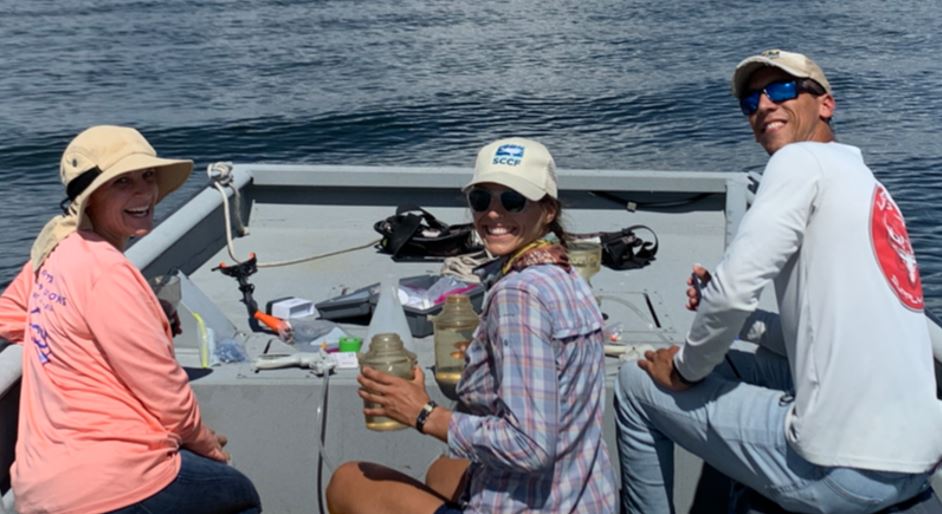 Hurricane Ian left behind a staggering trail of damage to communities and the environment in southwest Florida. A steady stream of response and recovery efforts, from emergency rescues to rebuilding of critical infrastructure, has been underway since the storm brought record breaking winds and rainfall. Alongside these efforts, the UF Center for Coastal Solutions has embarked upon a collaborative effort to understand how the hurricane affected water quality and ecosystems in the region.
Hurricane Ian left behind a staggering trail of damage to communities and the environment in southwest Florida. A steady stream of response and recovery efforts, from emergency rescues to rebuilding of critical infrastructure, has been underway since the storm brought record breaking winds and rainfall. Alongside these efforts, the UF Center for Coastal Solutions has embarked upon a collaborative effort to understand how the hurricane affected water quality and ecosystems in the region.
Quickly after landfall, the CCS and partners Captains for Clean Water, Coastal and Heartland National Estuary Partnership (CHNEP), Charlotte County, South Florida Water Management District (SWFWMD), Sarasota Bay Estuary, and Sanibel-Captiva Conservation Foundation (SCCF) mobilized to sample coastal waters for harmful algae, nutrients, oxygen, and fecal indicator bacteria.
These data are important for estimating the amount and types of pollutants that entered the estuary during the storm and understanding their impacts on human and ecological health. Beyond directly sampling and analyzing water quality, the CCS launched a post-Ian water quality working group involving over 15 organizations including local, state, and national agencies, and environmental organizations.
This valuable work to assess water safety is funded in part by the US Army Corps of Engineers and will continue until April 2023.
The water sampling team working off of Sanibel Island, left to right: UF CCS Director, Christine Angelini, Ph.D.,
SCCF Water Quality Technician Sierra Greene, and CCS Field Technician Adam Hymel












